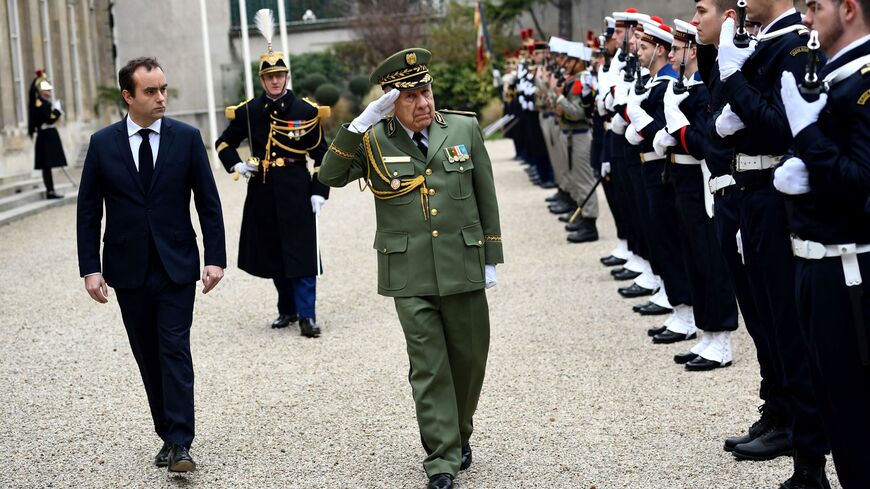PARIS — The shock waves of the Abraham Accords and Ukraine war have unsettled the western Mediterranean, as the European nations of Spain, France Italy are pulled in conflicting directions from North Africa — while Algeria and Morocco face their own tensions.
North African independence in the late 1950s and early 1960s saw European settlers flee back to their homelands, together with much of the indigenous Sephardi Jewish population. They were followed by waves of Muslim labor migration to Europe.
Early on, independent Algeria aligned with the USSR. The fall of the Soviet system in 1989 was echoed locally by a civil-war-cum-jihad, lasting until 1997, with hundreds of thousands of casualties. During the Abdelaziz Bouteflika presidency (1999-2019), a political compromise between the military top brass and Islamists led to a social dead end – and steady illegal migration to France and Southern Europe.
The revolt of 2019 brought the ailing president down, but COVID-19 allowed the regime to maintain its hold. Though Algeria abstained from voting at the UN against the Russian invasion of Ukraine, the leadership is now unsure whether Russia, faced with a huge military equipment shortage because of the Ukraine war, will be able to refurbish its ally. Hence, it has to diversify and turn to other, more costly suppliers, some of them Western.
The military budget, which was doubled for 2023 to circa US $20 billion, was already second in the world proportionally to GDP (6%, after Saudi Arabia’s 8%). That leap was made possible by gas and oil exports, particularly to Italy, which needed a substitute for its Russian gas to comply with the EU boycott of Moscow exports. But some observers doubt whether Algeria can meet the new threshold, as the Soviet-style national company is in need of an urgent upgrade.
In January, Algerian President Abdelmadjid Tebboune criticized the Wagner Group mercenaries’ presence in Mali, on his country’s southern borders, and delayed his visit to Moscow. However, Russian National Security Advisor Nikolai Patrushev, a Putin close advisor, visited Algiers this week, pushing in the opposite way. French President Emmanuel Macron visited Algiers and Oran in late August 2022, which led to a number of openings, yet to be fulfilled, due to enduring anti-French sentiment.
Algeria's huge military spending is chiefly linked to its antagonism against Morocco over Western Sahara. Algiers is the main advocate for the independence of the phosphate-rich former Spanish colony, most of which was integrated into Morocco after the 1974 “Green March,” leading to an attrition war with Algeria.
A decisive turning point in that conflict was the signing of the Abraham accords by Rabat in December 2020, a quid pro quo in which Morocco — home to an ancient Jewish presence — recognized Israel while Washington asserted that Western Sahara was Moroccan, a step ahead from the UN resolution asking for a self-determination referendum. The decisive US support, quickly followed by military and security cooperation with Israel, was a red flag to Algeria.
Morocco did not participate in the March 2022 UN resolutions condemning the Ukraine invasion. But it voted in favor of the latest Feb. 23rd resolution – all the more notable as Algeria once again abstained.
US-Israeli backing also gave leeway to Moroccan diplomatic efforts to coerce EU countries into recognizing the Moroccan identity of Western Sahara, made a prerequisite to any commercial deal of significance with the kingdom. Germany and then Spain agreed last year, while France is tightrope walking between the requirements of its two former colonies. Relations between Paris and Rabat have reached a historical low, with Macron’s visit to the kingdom postponed time and again.
Faced with that new instability in the Western Mediterranean, France and Italy, the only two states with a significant naval presence, signed the Quirinal treaty in November 2021 to reinforce bilateral cooperation. Last week, top brass of both countries met in Rome to spearhead the security of waters crossed daily by boat people coming from the southern shores, and to reassert a EU military presence ahead of the protracted regional sequels of the Abraham accords and the Ukraine war.







